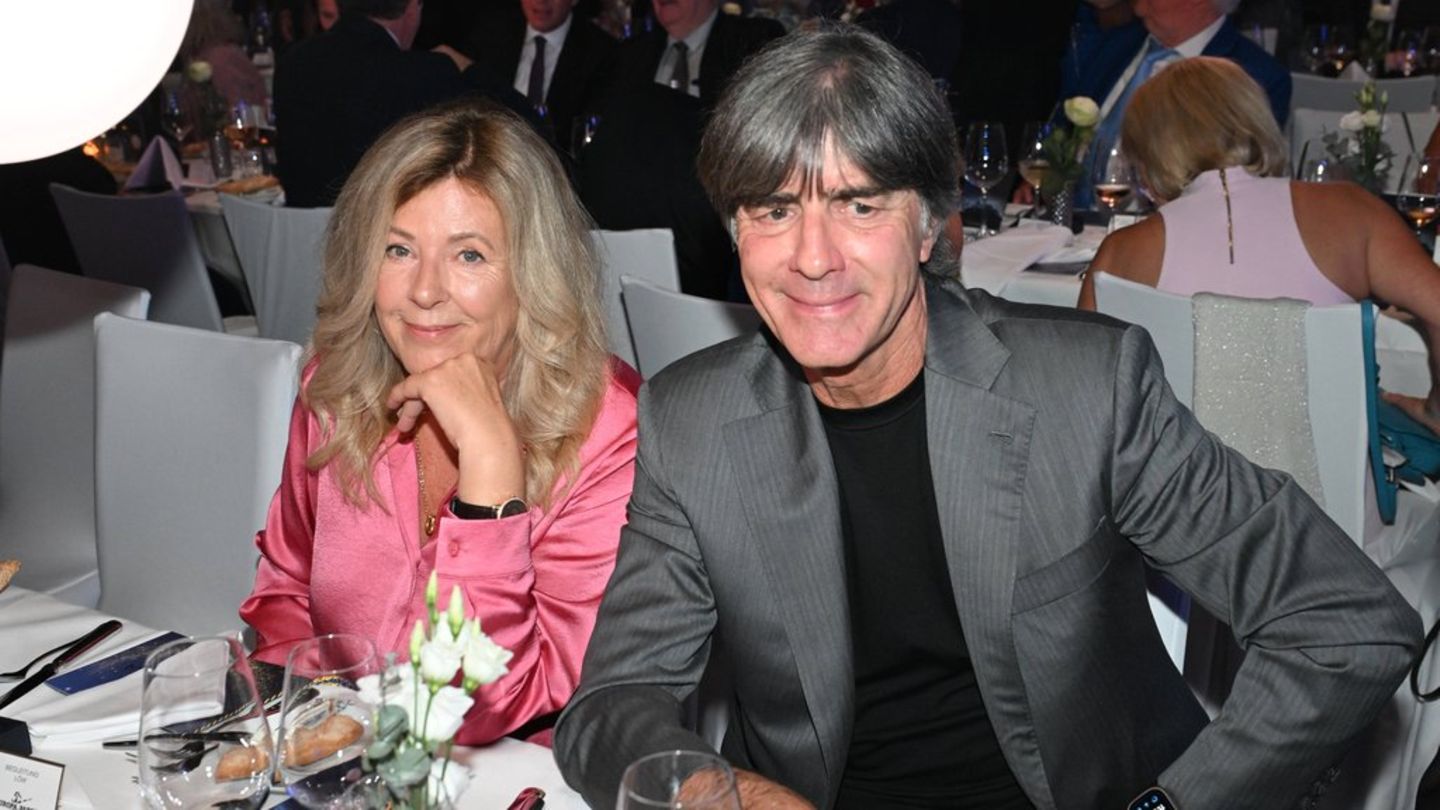You were not present at the refugee summit: the municipalities are particularly critical of an agreement reached at the federal-state meeting. The results are not enough for the opposition either.
The results of the federal and state refugee summit met with criticism from both the local authorities and the opposition in the Bundestag. The municipalities were particularly bothered by the fact that there was no long-term regulation of financing issues.
“An agreement in November is clearly too late for 2024 and is met with great disappointment by the municipalities,” said the general manager of the German Association of Towns and Municipalities, Gerd Landsberg, of the “Rheinische Post”. CSU interior expert Andrea Lindholz spoke of a “summit of missed opportunities”. The AfD parliamentary group leaders Alice Weidel and Tino Chrupalla said: “More money for more refugees will not solve the refugee crisis, it will prolong it.” Federal Interior Minister Nancy Faeser (SPD) welcomed the decisions.
At the meeting on Wednesday evening, the federal government pledged one billion euros as an additional contribution to the costs of refugee care for this year. However, the future breakdown of the costs will first be discussed in a working group and a decision will not be made until November. The billion euros are intended to support the federal states in further relieving their municipalities and financing the digitization of the immigration authorities.
The federal government had previously pledged 1.5 billion euros for war refugees from Ukraine this year and 1.25 billion euros for other refugees. According to Federal Chancellor Olaf Scholz (SPD), the federal and state governments agreed, among other things, to extend the maximum duration of detention from the current 10 to 28 days in order to enforce deportations more consistently. Saxony, Bavaria and Saxony-Anhalt recorded reservations about the results in a protocol statement.
“This is a bad signal to the cities”
“The districts cannot really be satisfied with a postponement of urgent problems,” said the President of the German District Association, Reinhard Sager, to the newspapers of the Funke media group. “This is a bad signal to the cities,” said Markus Lewe, President of the City Council, to the “Rheinische Post”.
Interior Minister Faeser explained that this package of measures “reflects exactly the basic principles of our refugee policy: we protect people who have fled war and terror. So that we can continue to do this, we limit irregular migration.” Faeser continues: “For us, it’s about lasting relief for the municipalities that are particularly under pressure. We are now ensuring faster, more efficient and, above all, digital processes.” She pointed out that the consistent repatriation of rejected asylum seekers would also be strengthened.
Green leader Omid Nouripour welcomed the additional funds, but quickly called for further steps. “Beyond all other discussions, it was about money now flowing, and that was successful,” said Nouripour on ARD. “But I also understand all those who say: We have to find long-term solutions for this very question. And that’s why we have to find financing solutions as quickly as possible. If you climb from summit to summit, you won’t get any bottom the feet.” The agreed working group must therefore find solutions for the period after 2023 as quickly as possible.
The Prime Minister of Rhineland-Palatinate, Malu Dreyer, was satisfied. “The fact that the federal government has pledged an additional billion for this year is an important signal and a great deal of support, especially for the municipalities,” explained the SPD politician. Her colleague from Hesse, Boris Rhein (CDU), on the other hand, called for further steps. The EU’s external borders would have to be better protected, asylum applications decided at borders and rejected asylum seekers consistently returned. “There must be noticeable progress on this issue in the coming months, not least at European level,” he warned. The municipalities needed relief as soon as possible.
Söder: refugee summit “great disappointment”
Bavaria’s Prime Minister Markus Söder called the results of the refugee summit a “great disappointment” and quickly demanded more money from the federal government. “Only one billion euros for all of Germany is just a drop in the ocean. That is a thin and meager result and far too little for the municipalities – the traffic light urgently needs to be increased,” said the CSU chairman of the German press -Agency.
The federal government’s reference to its budget situation cannot be the last word. “Accommodation and humanity should not be decided based on the cash situation,” warned Söder. Therefore, it must be urgently reworked. After the course of the evening, however, he was not very optimistic that the federal government would be willing to do this. Weidel and Chrupalla emphasized: “It is completely irrelevant whether the federal government or the federal states bear the financial burden of unchecked immigration to Germany: in the end, they pay Citizens with higher taxes and duties.” They also explained that the announcements about more migration partnerships with countries of origin, stronger security of the EU’s external borders and the German borders as well as accelerated asylum procedures are “worth nothing if they are not implemented, as in the past”.
Source: Stern
I have been working in the news industry for over 6 years, first as a reporter and now as an editor. I have covered politics extensively, and my work has appeared in major newspapers and online news outlets around the world. In addition to my writing, I also contribute regularly to 24 Hours World.




